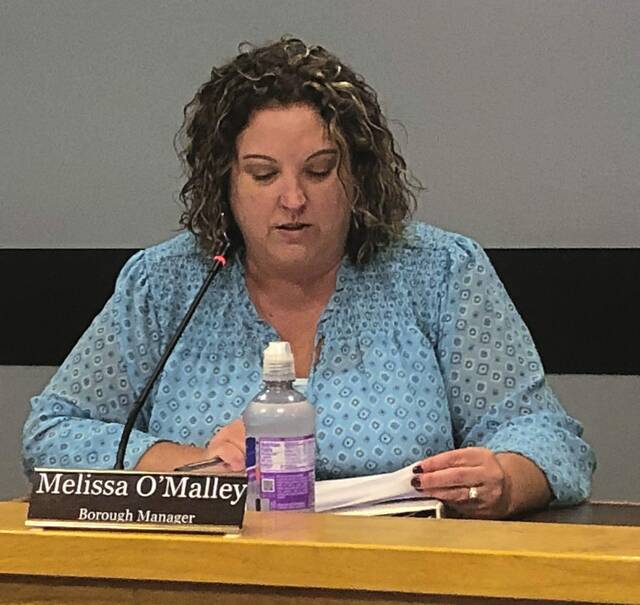https://mirror.triblive.com/opinion/editorial-media-policies-dont-trump-first-amendment/
Editorial: Media policies don’t trump First Amendment

Some municipalities — as well as school districts, counties and other government agencies — talk out of both sides of their mouths when it comes to releasing information.
Coincidentally, they do so by limiting who is doing the talking.
Take Aspinwall. The Allegheny County municipality with a population less than 3,000 has a policy that governs speaking to the media.
In July, Aspinwall Council President Tim McLaughlin sent the Tribune-Review an email claiming the policy was longstanding but being resurrected. One could argue that, if it was longstanding, it wouldn’t need to be resurrected; bringing it back to life rather implies it was dead for some time.
But that semantic quibble notwithstanding, the policy as detailed was this: Only McLaughlin or Borough Manager Melissa O’Malley could speak with media members. No one else, including council members or the solicitor, would be involved unless those two deemed it necessary. The police chief was not to comment, although Mayor Joe Noro could be contacted if it was a police-related issue.
The goal, McLaughlin said, was to be “as accessible as possible” while providing clear, accurate and concise information.
Eight days later, the policy had its first test. It failed.
A stolen car prompted a July 28 alert to be on the lookout for two subjects. The Trib attempted to get two pieces of information critical to the public: Were the subjects believed to be dangerous? Was there a risk to public safety?
It took 12 days to get a response. Twelve.
That is not being accessible. The answer was not clear or accurate or concise because, for almost two weeks, it was nonexistent.
“You just hit the wrong day. We’ve always answered (before),” Noro said Aug. 9, blaming vacations for the delay.
Vacations happen, as do illnesses, jury duty, doctor’s appointments and a million other incidents that are exactly why restricting information to two or three people is a mistake. The people of Aspinwall and surrounding areas should not have to wait until someone comes back from the beach to get answers about their safety.
But these policies do more than just stymie the press and prevent residents from getting timely information. They write a storyline and control the narrative by muzzling others. A police chief or an elected official should not have constitutional freedom of speech restricted by a policy.
Not an ordinance. Not a regulation voted on by council. These are bureaucratic decisions acting as gag orders. And is it written down somewhere? Absolutely not.
“We’ve always had a media policy, albeit not officially released to anybody,” O’Malley said.
How is anyone supposed to comply with a policy written in thin air, enforced by no vote of elected officials?
Aspinwall is by no means alone in this attempt to funnel all communication to one or two spigots. As more government bodies designate spokespeople, it becomes more common. It restricts voices and restrains dissent. It gives the illusion of agreement because only an official message is released.
It’s important for these agencies to remember that, while they can cite “longstanding” policies with unwritten record, the press and the people have a higher claim: the First Amendment.
Copyright ©2026— Trib Total Media, LLC (TribLIVE.com)
